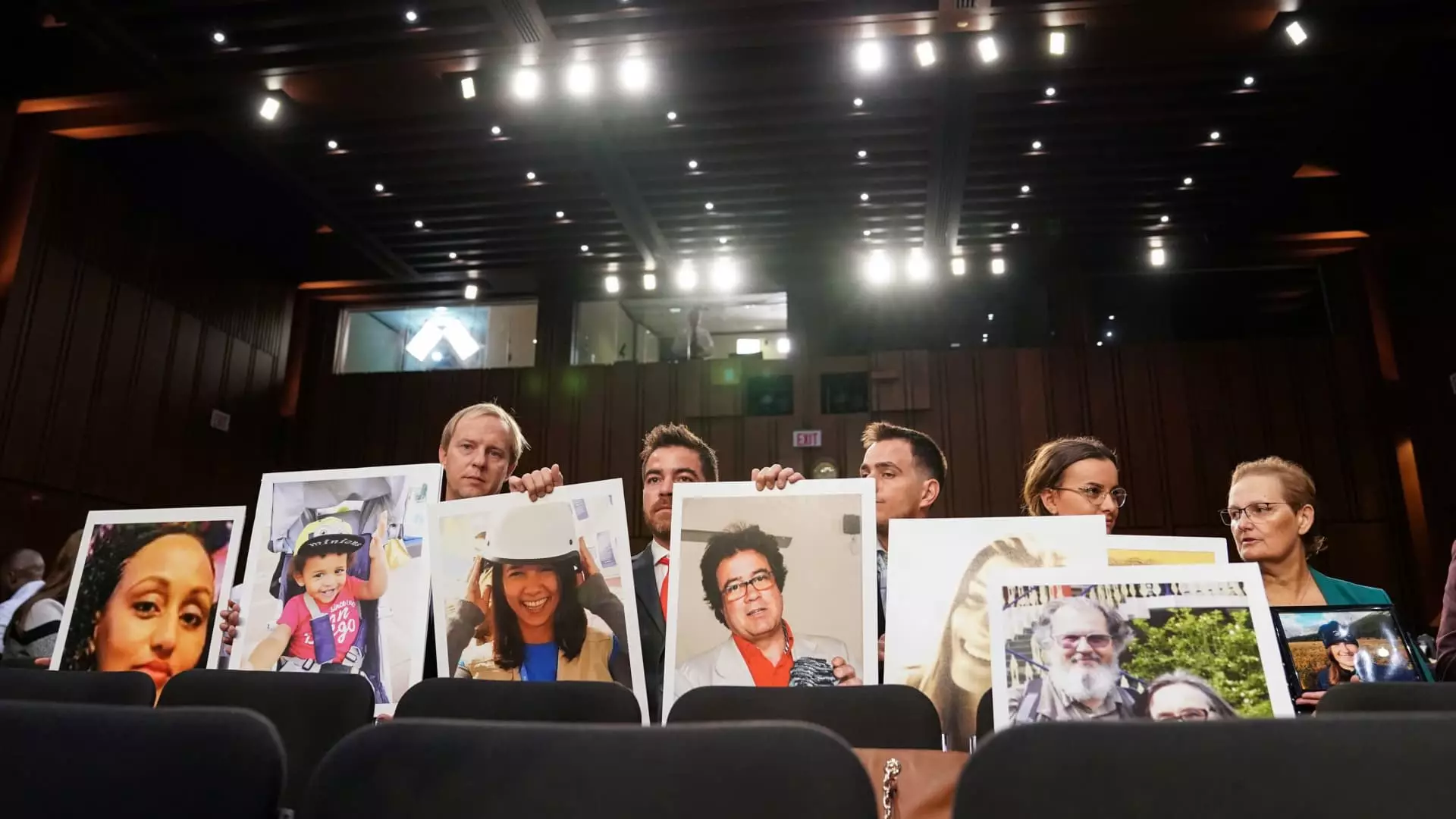In a shocking display of misplaced priorities, the U.S. Justice Department (DOJ) has reached a controversial non-prosecution agreement with Boeing, effectively allowing the aerospace giant to escape criminal charges linked to two catastrophic 737 Max crashes that claimed 346 lives. While proponents may argue that this agreement serves the public interest, the grim reality suggests a different narrative. This decision, stemming from the DOJ’s portrayal of the settlement as a “fair and just resolution,” raises critical questions about accountability and transparency in corporate America, particularly when the stakes are as high as human lives.
One cannot help but feel a growing sense of disillusionment with the legal system as it appears to slap a Band-Aid on an open wound. Those demanding justice for victims are left feeling unheard and unheeded, while Boeing, a significant military contractor and U.S. exporter, continues to operate as it pleases, devoid of the rigorous consequences that any responsible entity should face. The fallout from these tragedies has been profound, not least because of the traumatic impact on the families involved, who have sought both redress and accountability.
The Price of Impunity
Under the newly established agreement, Boeing is set to “pay or invest” a staggering $1.1 billion, which includes a criminal fine and contributions to victim compensation funds. While some may view the financial commitment as a form of accountability, it is crucial to understand that monetary penalties can never truly replace the lives lost or the enduring grief of affected families. This aspect of the settlement strikes as deeply unsettling, especially considering that a portion of the financial penalties merely attempts to mitigate Boeing’s public image rather than revealing any substantial admission of responsibility.
Boeing’s perceived acknowledgment of wrongdoing through monetary means speaks volumes about the culture within the corporate realm, one that often prioritizes profits and reputation over genuine accountability. How should we feel about a system where financial compensation is about as serious as a parking ticket when weighed against the enormity of the loss suffered by victims’ families? The idea that a multi-billion-dollar corporation can effectively buy its way out of accountability highlights a troubling precedent that is likely to echo long beyond the immediate outrage.
Public Sentia and Corporate Governance
Perhaps the most alarming aspect of the non-prosecution deal is the divided response from victims’ families. While some families have indicated their support for the settlement, others have been vocally opposed, describing it as a “sweetheart deal.” Legal experts and advocates for victims’ rights argue that this lack of consensus illustrates a failure on the part of the DOJ to address the overwhelming public demand for accountability and justice. Shouldn’t the voices of the deeply affected carry more weight in such pivotal decisions?
The irony that Boeing, a company whose operations have entered the realm of military contracts and fighter jets, is now emerging from a scandal without any significant legal repercussion encapsulates a disturbing reality in corporate governance. If we normalize the belief that corporations can escape the consequences of their egregious actions, we risk laying the groundwork for more tragedies. The echoes of the past must inform our expectations for the future, yet they seem to be conveniently forgotten in the pursuit of profit.
A Call for Comprehensive Reform
As Boeing’s case unfolds, it is apparent that systemic reform is overdue. For real change to occur, we must advocate for regulations that hold corporations to a higher standard of accountability, especially in instances of negligence resulting in loss of life. This includes greater transparency in how settlements are reached and an overhaul of our corporate governance frameworks to prevent firms from operating in a bubble of impunity.
Additionally, it’s imperative to support failed oversight mechanisms that allowed Boeing to mislead regulators concerning critical safety features. The decision to allow this settlement without robust scrutiny raises prudent questions about the adequacy of current laws in protecting public safety. Is it not time to demand that our regulatory agencies, including the DOJ, prioritize the well-being of citizens over the interests of corporations?
The Influence of Corporate Intertwining with Politics
The shadows of corporate influence loom large over political systems. The narrative surrounding Boeing is not merely one of tragedy—it reflects a broader trend in which corporate entities wield substantial power that can reshape laws, while average citizens grapple with the repercussions. Recent administrations, regardless of political affiliation, seem to have facilitated an environment where giant corporations can evade accountability, potentially undermining our democracy.
With Boeing’s new settlements and its history of manipulating regulatory standards, we must question if the line between corporate interests and governmental decisions is too blurred to ensure true accountability. It is critical for citizens, lawmakers, and regulatory bodies to scrutinize these patterns that allow corporate giants to escape the fundamental consequences of their actions. Justice should not be a selectively applied concept; it must encompass all, especially those who have faced unimaginable loss.

